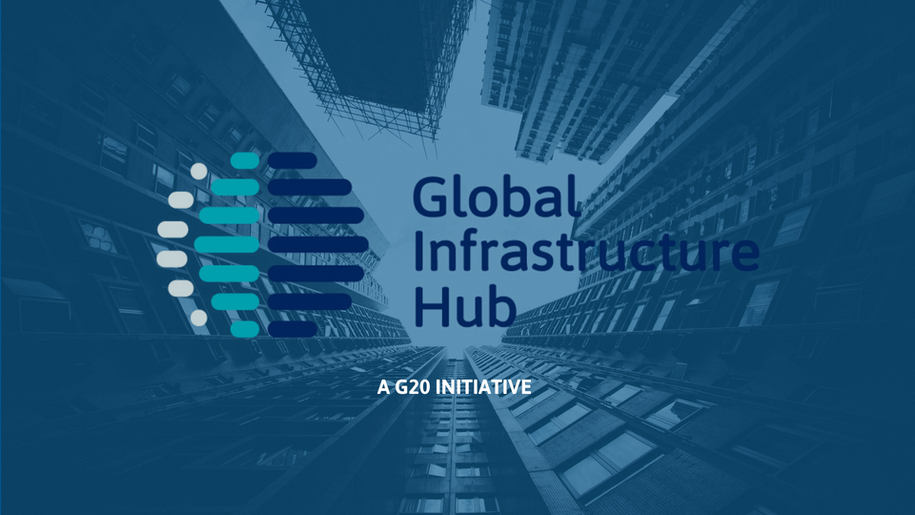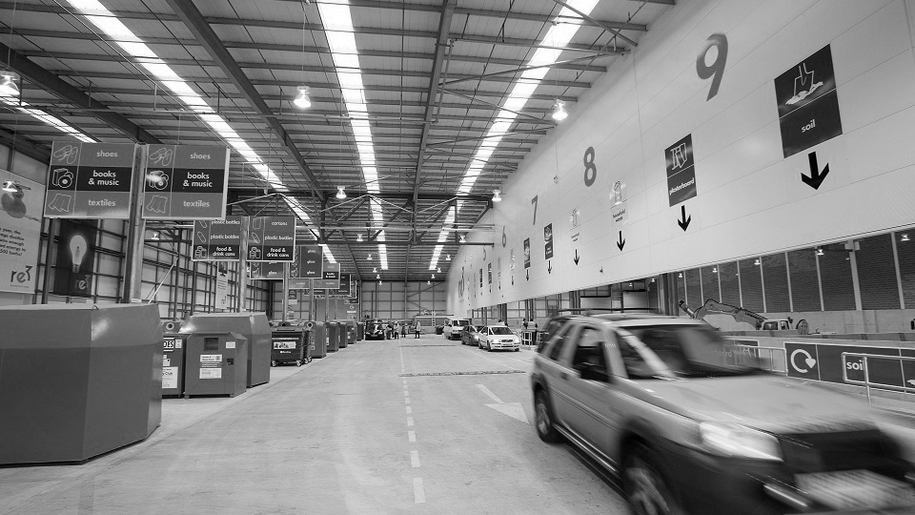1740 results found
Featured results



More results
As 2018 comes to a close, we would like to take this opportunity to thank you for your support this past year. The Global Infrastructure Hub (GI Hub) had an ambitious agenda for 2018 and we are pleased to say that, with the help of our partners and stakeholders, we have been able to achieve some important milestones.
Public-private partnership (PPP) contracts are long-term and they may have a duration of 20 to 30 years or more. Today, where technologies and social priorities (such as views on climate change and sustainability) are changing at an accelerated pace, it perhaps comes as no surprise that changes to PPP contracts through renegotiations are common.
Infrastructure projects in the Netherlands, such as the construction of roads, bridges and tunnels, have become larger and more complex in recent years. This thesis is about these kinds of infrastructure projects, about the challenges and tensions that go with them, about how people experience them and how they look jointly for solutions, and how they succeed or sometimes fail.

This publication outlines the rationale, the characteristics, and a plan for the implementation, monitoring and evaluation of the African Development Bank's guidelines for the aviation sector.

For this year s edition, we reached out to more than 10,000 people in 10 major global cities to ask about their everyday experiences with infrastructure services. How satisfied and safe do they feel with their roads and bridges, rail services and utilities? How engaged are they in the decision-making processes for new projects that can improve lifestyles and drive new economic growth?

This paper compares two approaches to the evaluation of mega transport project success: the iron triangle and the holistic approach approach.

The Asian Journal Special Issue on High-Speed Rail (HSR) Services in Asia provides an overview of the impacts of HSR infrastructure in Asia and explains how investment in HSR brings significant socio-economic changes.

This paper looks to determine the factors for the successful implementation of transit-oriented development (TOD) in Asian cities

This paper shows in terms of policy flow and implications, how Indian railways has been unwavering in providing sustenance for economic growth.

This paper investigates the relationship between high-speed rail (HSR) and agglomeration economy in the scope of specialization and diversity.

We introduce and apply the concept of spillover effects to high-speed rail (HSR) development to formulate the economic impact on increasing the regional tax revenue.

This paper discusses the approaches that analyze the way in which new transport infrastructure may lead to the restructuring and rebalancing of local and regional economies through structural change and the relocation of activities.

This report outlines how energy efficiency and water conservation are each important for the delivery of electricity and drinking water.

This report argues that development finance has largely been directed towards centralized systems of wastewater management this has resulted in large populations being excluded from proper wastewater collection and treatment services whereas spillover effects of proper sanitation, which include an increase in property tax revenues, can help to offset the costs of fecal sludge management.

his paper introduces a model describing the full financial realities of FSM projects; a methodology for quantifying the costs, direct effects, economic spillover effects and a toolkit to calculate their net present values and the overall program’s internal rates of return.


Contractual disagreements and disputes are common in PPPs during both construction and operational periods.
InfraChallenge is an innovation competition aiming to accelerate the global infrastructure industry. We are looking for the next digital solution to help solve one of the big infrastructure issues globally. Here are the top 5 reasons to enter.
This report outlines how policy makers should focus on improving access to safely managed wastewater management services, providing several revelant examples from the region of Japan.

This study is a comprehensive, empirical analysis of the linkages between governance, institutions, and regional infrastructure.





 PPP Contract Management Tool
PPP Contract Management Tool



